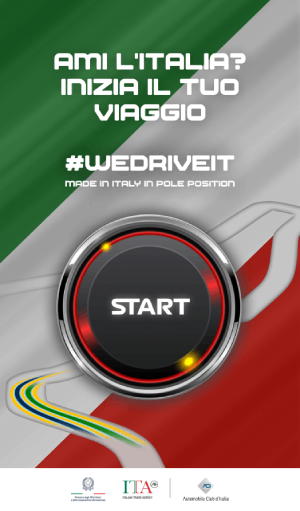 from Guido Talarico
from Guido Talarico
The 2019 Nobel Peace Prize, awarded only the Prime Minister of Ethiopia, Abiy Ahmed Alì, for having made peace with the conflict with Eritrea, but denied to his counterpart, namely the Eritrean President Isaias Afewerki, is a contradiction that testifies once again to the lack of courage, little autonomy and political weakness of the Norwegian prize. Excluding Eritrea and Afewerki from the prize-giving ceremony, that is to say the country and the president who, for twenty years, have been victims of the Ethiopian attacks, with all the human and social costs that this has caused in the small country of the Horn of Africa, seems like a grotesque choice. Abiy certainly has extraordinary merits, both for the peace agreement and for the courageous attempts to help his country and the whole area to move towards the path of peaceful coexistence and development. But without the outstretched hand that Afewerki brought him the day after his inauguration, Abiy would not only not have been able to make any peace agreement, but on the contrary would also have been much more fragile on the domestic front.
So they both had to get the Nobel. And there’s no justification for that. On the other hand, there were illustrious precedents that indicated the right path. In 1993 both Nelson Mandela and Frederik de Klerk got the Nobel Peace Prize. On one hand, the symbolic victim of the South African segregationist system and, on the other hand, the representative of the regime that created that aberration called apartheid. The black victim and the white executioner shaking hands after the first one leaves Roben Island, thanks to the open-mindedness of the second one. The father of the new South Africa and the son of the old establishment who go to Oslo to collect the peace prize. That was a brave operation made by the jurors of Oslo at the time. A clear choice that helped to establish peace between whites and blacks in South Africa. The same thing had to be done now. The 2019 Nobel Peace Prize was to be given to Abiy and Afewerki jointly. Because peace is thanks to both of them.

Without preconceived notions, nor discrimination. That’s it. Instead, the jurors of Oslo have made an unjust distinction that follows that narrative cleverly built by the previous Ethiopian regime, ruled by the Tigers, which, with the decisive help of the United States and Europe, has for decades thrown mud and discredit on the Eritreans. It is not by chance that the jurors point out in their motivation that “the Nobel Peace Prize winner also wants to recognize all the others who are working for peace and reconciliation in Ethiopia and in the regions of East and North East Africa”. In particular, the “close collaboration with the President of Eritrea Isaias Afewerki” is recalled, which allowed Abiy to “quickly establish the principles of a peace agreement to end the long stalemate of ‘no peace no war’ between Ethiopia and Eritrea”. Wretched words. An attempt to justify a clearly fearful choice that indirectly confirms how much the jury itself was aware of having made an unjust choice. But this is the West, this is politics. Even when it awards a prize, it thinks first of its own interests and then of the truth of the facts.








